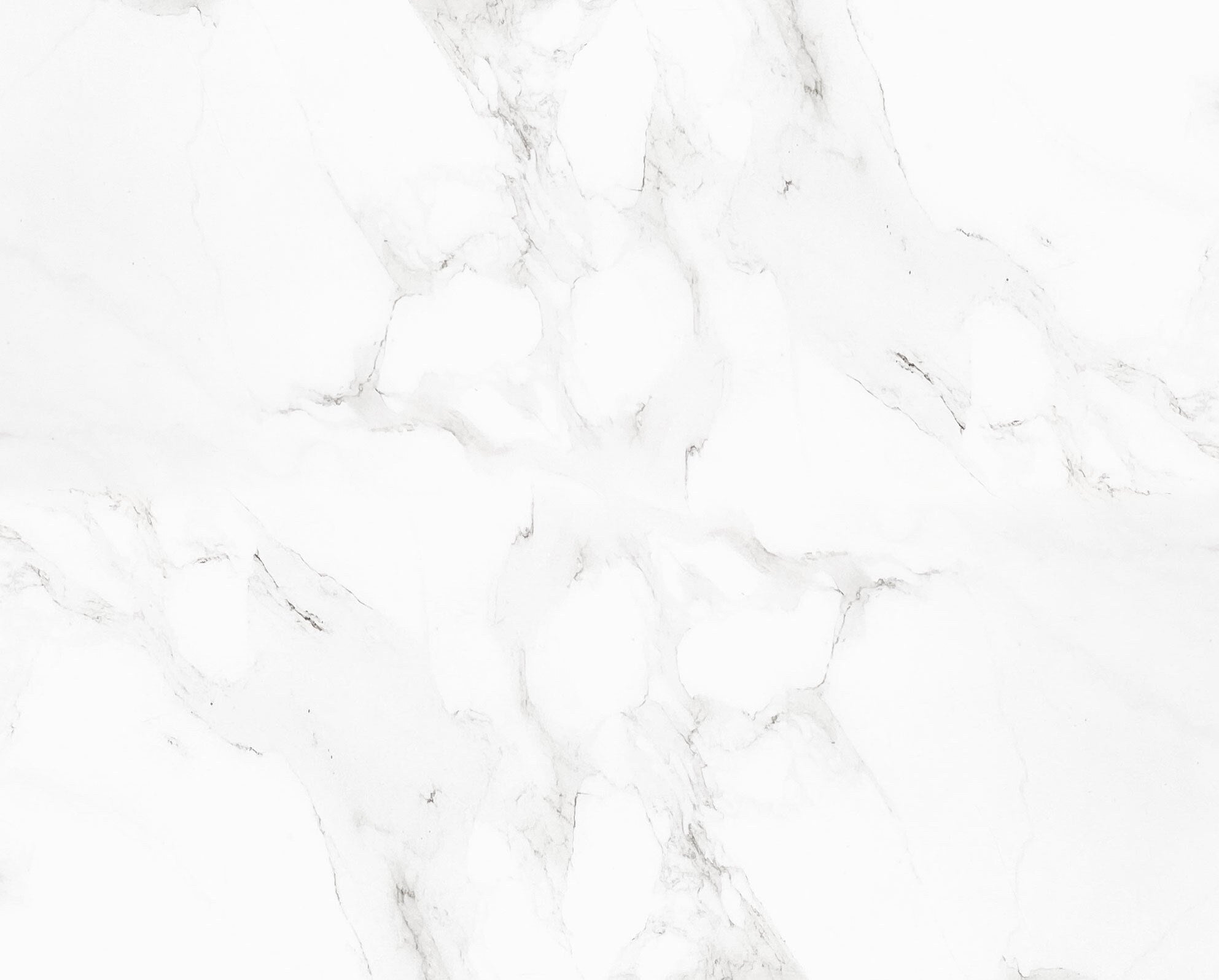Glass Furniture
Glass furniture adds elegance, sophistication, and a touch of modernity to any space. Understanding the different types of glass and their characteristics can help you select the perfect furniture to enhance your living environment. Let's explore some popular types of glass furniture and the unique qualities they offer:

Types of Glass Furniture:
Tempered Glass Furniture: Tempered glass is a type of safety glass that undergoes a heating and rapid cooling process, which increases its strength and durability. Tempered glass furniture is resistant to impacts, scratches, and heat. It is a popular choice for tabletops, shelves, and cabinets. In case of breakage, tempered glass shatters into small, relatively harmless pieces, reducing the risk of injury.
Float Glass Furniture: Float glass is a type of clear glass that is smooth, flat, and free from distortions. It is commonly used for glass tabletops, coffee tables, and display cabinets. Float glass furniture offers a sleek and contemporary look, allowing light to pass through and create a sense of openness in the space.
Frosted Glass Furniture: Frosted glass undergoes a treatment that gives it a translucent appearance, diffusing light and providing privacy. Frosted glass furniture is often used for cabinet doors, partitions, or accent pieces. It adds a touch of elegance and softness to the room while maintaining a level of privacy.
Tinted Glass Furniture: Tinted glass is created by adding colorants during the manufacturing process, resulting in glass with a subtle hue. Tinted glass furniture can add a unique aesthetic to the space, and it also helps to reduce glare and UV radiation. It is commonly used for tabletops, shelves, and decorative elements.
Characteristics of Glass Furniture:
When considering glass furniture, it's important to note the following characteristics:
Elegance and Transparency: Glass furniture adds an element of sophistication and elegance to any room. Its transparent nature allows it to blend seamlessly with various décor styles, making it a versatile choice.
Light and Airy: Glass furniture creates a sense of lightness and airiness in a space, allowing light to pass through and making the room appear larger and more open.
Easy Maintenance: Glass furniture is relatively easy to clean and maintain. Most glass surfaces can be cleaned with a mild glass cleaner or a mixture of vinegar and water. Regular cleaning helps to keep the furniture looking pristine.
Fragility: While glass furniture is durable, it is still susceptible to breakage if subjected to significant impact or force. It's important to handle glass furniture with care and avoid placing heavy or sharp objects directly on the glass surface.
Versatility: Glass furniture can be incorporated into various design styles, from contemporary to traditional. It complements different materials, such as metal, wood, or upholstery, allowing for endless design possibilities.
